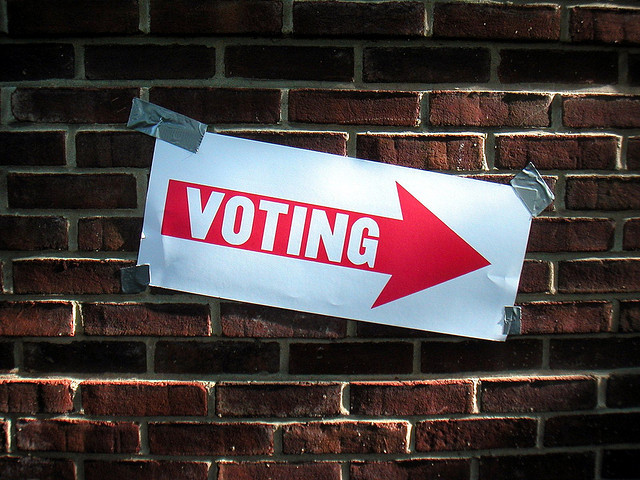In 2011, Massachusetts Gov. Charlie Baker donated $10,000 to the New Jersey Republican State Committee.
Less than a year later, New Jersey committed $25 million in pension money to General Catalyst Partners for management – the firm where Baker was an executive.
The transaction raised the red flags of a pay-to-play violation.
But an audit released yesterday cleared Baker of any wrongdoing.
From the Associated Press:
A New Jersey treasury audit has found Massachusetts Gov. Charlie Baker did not break pay-to-play rules when he donated to Republicans here in 2011.
[…]
New Jerseys regulations bar the state from investing with a firm whose managers made political contributions within a two-year window. The audit says while Baker was an investment professional, he did not provide the kinds of services the policy prohibits.
[…]
The audit also suggests Baker and General Catalyst forcefully resisted the possibility of any wrongdoing. For example the firm wrote to the auditor in May 2014 that “Mr. Baker has never been an executive officer, owner or other control person of GC and has never solicited investors when GC raised funds.”
Baker himself hired the law firm Covington & Burling, which expressed a similar view, the audit said.
While the report recommends the state should consider strengthening its due-diligence procedures, the audit said the State Investment Council, the body that sets investment policy, reported it met those standards.
The audit was released and presented at the Thursday meeting of the State Investment Council.
Photo by Truthout.org via Flickr CC License

